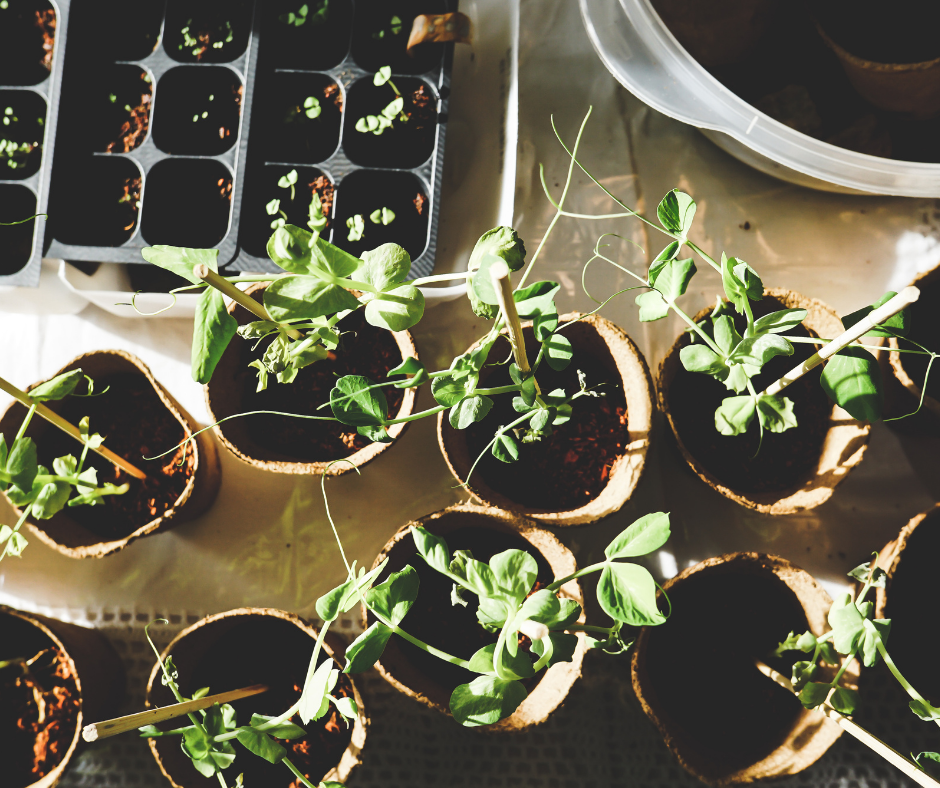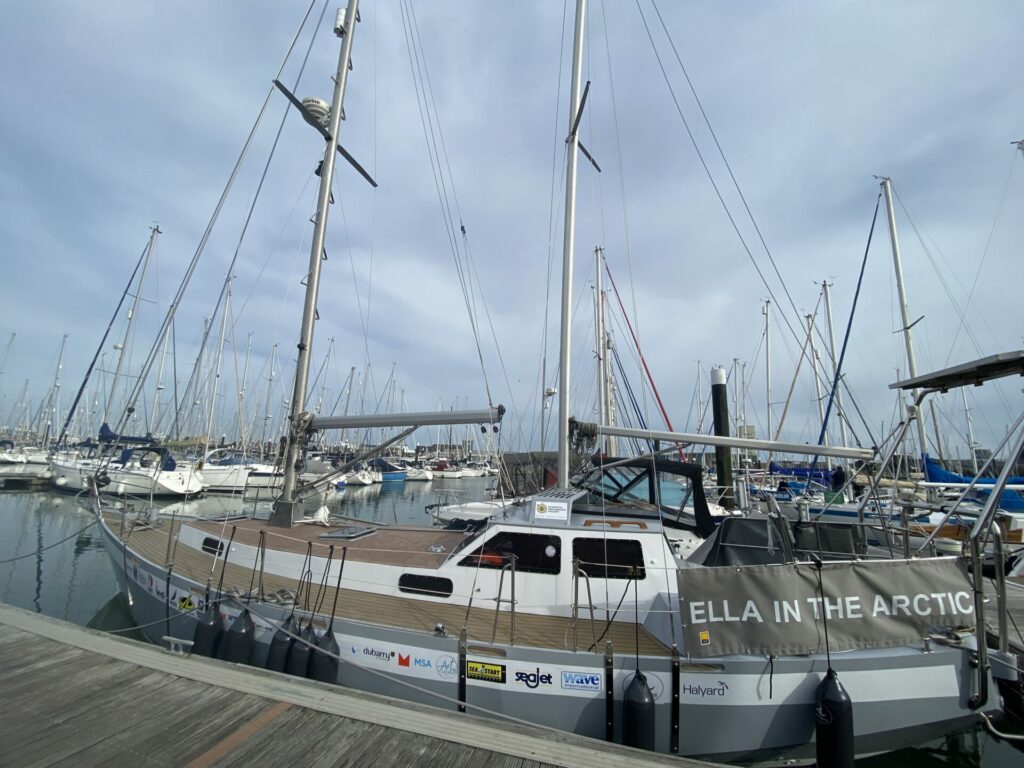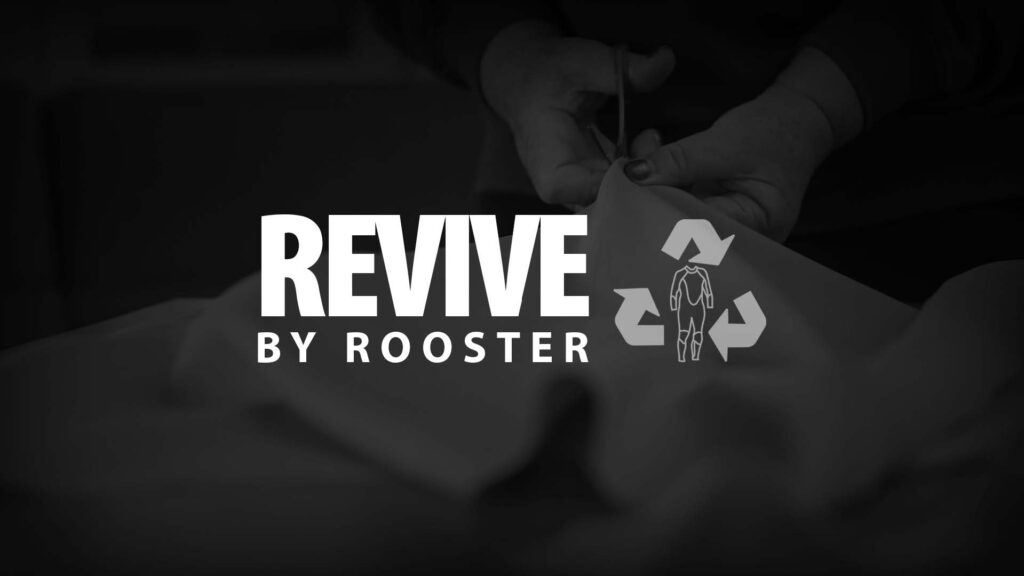Find out how to green your outside space from Olivia the RYA Sustainability Officer:
Spring is well and truly upon us, which means we are all spending more time in our gardens and outside spaces – not just soaking up the sunshine, but planting and pruning. Gardening is naturally a sustainable activity, but there are ways to be more environmentally conscious, from reducing water wastage to creating your own compost heap. There are several smaller and budget friendly actions you can do, or not do, to help the natural world.
Buy peat free compost: This one is so important! If you buy compost, choose one that is completely peat-free. Peatlands plays a vital role in mitigating climate change and stabilising the carbon cycle through their storage of carbon. Taking hundreds of years to form, they can be destroyed in a matter of days for our use. Alternatives to peat include coir (coconut fibre), wood fibre and other organic matter.
Attracting Wildlife: You can encourage wildlife into your outside space by providing a range of water, shelter, and food (in the form of nectar rich flowers for butterflies, moths, bees and other insects). The single best way to create habitats and food sources is to grow lots of different plants; try to include trees and hedges along with flowers and leave undisturbed corners. If you are looking for specific plants and flowers to attract birds and wildlife there are lots of guides available, including from the Wildlife Trusts. Other ways to attract wildlife includes feeding birds, planting native bee friendly flowers, creating a small pond for water and refuge. I have seen successful and diverse ponds made from buried washing up bowls.
Waste not… Getting wise with waste can help you grow better plants and is a great way to make low-budget wildlife habitats. Pile up branches, logs, and other non-compostable natural materials in a tucked away spot – they’ll soon become a useful habitat for many creatures such as hedgehogs and amphibians. To reduce your waste further get creative with reusing old household products in your garden. Try turning cardboard tubes from kitchen roll and pieces of newspaper into biodegradable seedling pots. Simply cut to size and fold over at the bottom, planting them directly into soil.
Create a compost heap: If you have more space, creating your own compost heap is a great way to recycle food and other organic waste into a rich and healthy fertiliser for your soil. Repurpose something you already have, or find second-hand, rather than buying a brand-new compost bin. Composting at home (or shredding and mulching) will improve your soil’s structure and fertility, which in turn will boost plant growth. Many councils will collect green waste for making into municipal compost, which is another eco-friendly way of getting rid of it.
Be a good neighbour: Gardens can be an incredible force for good. Even the sight of greenery is beneficial for our mental health. Front gardens are especially valuable, as they are the spaces, we share the most. Growing hedges in your front garden and planting trees can also improve air quality, which in turn helps our physical health.
Materials matter: Buying second hand or sustainably-produced garden products and materials is a great way to reduce your environmental impact. Wherever possible, source your stone, gravel, wood and other materials locally, and look for the Forest Stewardship Council (FSC) mark on any wooden products you buy – it’s an independent guarantee that they have been produced in a sustainable way.
Water wisely: We can all do our bit to help prevent flooding and reduce the amount of water our gardens use. These issues are only going to get more pressing in the future as climate change takes hold. There are many beautiful plants that cope well with dry conditions, and there are lots of ways to reduce your water use, from installing water butts and mulching to recycling grey water. To help prevent surface water flooding in your neighbourhood, use permeable paving or keep hard paved areas to a minimum useable size, especially if you live in a town or city.
Growing your own food: The appeal of an edible garden is growing. Home grown food is often organic, fresh and therefore tasty. Gardening is good for the soul, especially when the fruits of your labour are literally your dinner. For smaller spaces such as balconies try growing your own herbs in recycled pots and tubs. Even if you aren’t growing your own food, eating local food is a great choice for the environment.
Cut out pesticides: As sustainable gardening goes, entirely cutting out pesticides is a good place to start; their overuse is one of the factors that has provoked a catastrophic decline of insect populations. This not only affects the animals which feed on them, but also has disastrous consequences for our ecosystems which ultimately supply us with clean air, water and food. Instead try companion planting, a natural method of pest control which involves growing mutually beneficial crops together. For example, French marigolds emit a strong odour which discourages greenfly and blackfly, making them the perfect companion for tomatoes, beans and sweetcorn. Carrots and leeks are also a good pairing: leeks ward off carrot fly while carrots repel leek moth.
Find out more on How To Green your Garden from the National Trusts greener garden video series.




